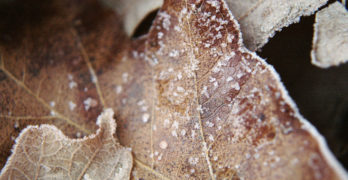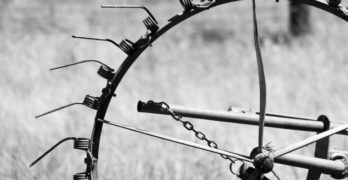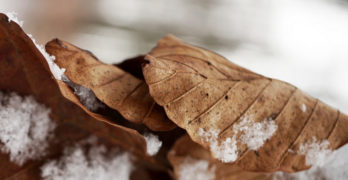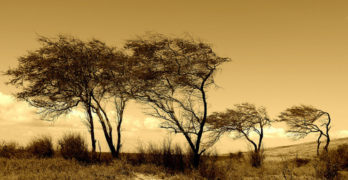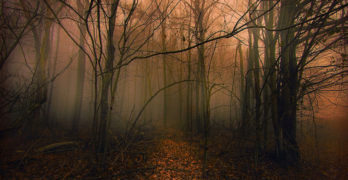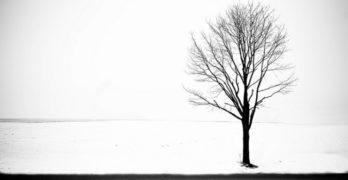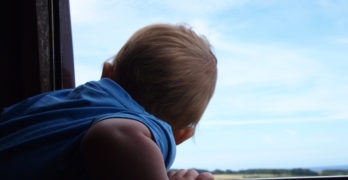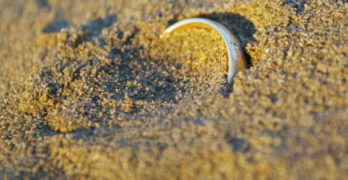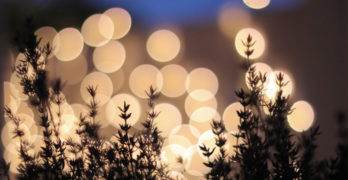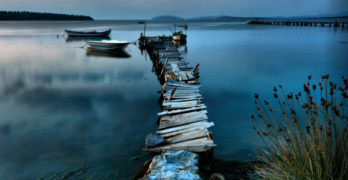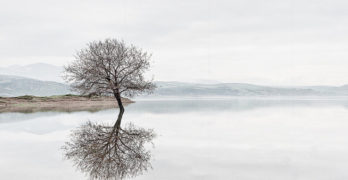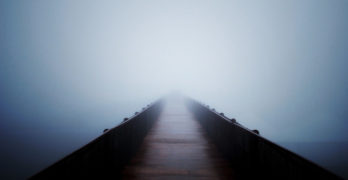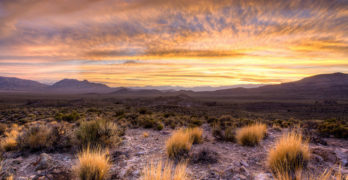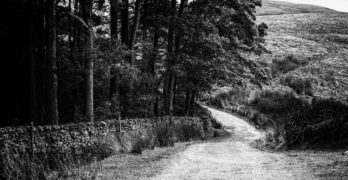St. Valentine’s Day may be a huge industry today, but it started with an imprisoned priest, a young girl, and a letter in ancient Rome.
Poetic Voices: Susan Lewis and Shanna Powlus Wheeler
Susan Lewis develops a theme of uncertainty in “Heisenberg’s Salon”; Shanna Powlus Wheeler interprets childhood and memory in “Lo & Behold.”
Poets and Poems: Mark Doty and “Deep Lane”
“Deep Lane” by Mark Doty includes nine poems with the title of “Deep Lane, ” and creates a sense of emotional if not physical distance.
Poetic Voices: Sandee Gertz Umbach and Lori Lamothe
Collections by Sandee Gertz Umbach and Lori Lamothe demonstrate how poets shape their words and images to communicate what inspires them.
“David Copperfield”: Why Charles Dickens Has Endured
“Pickwick Papers” explains why Charles Dickens first became popular, but “David Copperfield” demonstrates why Dickens has endured.
It’s Poetry at Work Day 2017! Join with Us to Celebrate!
It’s Poetry at Work Day 2017! Join Tweetspeak Poetry in celebrating how poetry infuses our work and our workplaces, whatever and wherever they are.
Poets and Poems: John Sibley Williams and “Disinheritance”
“Disinheritance” by John Sibley Williams is a beautiful, moving collection of poems dealing with grief, both real and imagined.
Twitter Party: The Odyssey and The Wooded Isle, Part 2
Part 2 of Tweetspeak’s recent poetry party on Twitter was guided by prompts from “The Odyssey” by Homer, and 10 would-be Homers produced some epic poems.
Twitter Party: The Odyssey and The Wooded Isle, Part 1
“The Odyssey” by Homer provided the prompts for Tweetspeak’s recent poetry party on Twitter, and 10 would-be Homers wrote their own epic poems.
Poets and Poems: Matt Duggan and “Dystopia 38.10”
In “Dystopia 38.10, ” poet Matthew Duggan takes the post-apocalyptic idea of dystopia and vividly applies it to contemporary society.
Poetic Asides: Norman Nicholson and Frank Stanford
Reading poetry can lead to the discovery of other poets and their poetry, such as what happened when other poets led to Norman Nicholson and Frank Stanford.
A Window into Poetry and Change with Jane Hirshfield
In times of great change – political, social, economic – we turn to poetry to make sense of what seems nonsensical, to comfort, to explain, says poet Jane Hirshfield.
Forward Prize for Best First Collection: “Wife” by Tiphanie Yanique
“Wife, ” winner of the Forward Prize for best first collection, challenges our notions of what marriage mean, but ends up reaffirming the idea of commitment.
Forward Prize: “Measures of Expatriation” by Vahni Capildeo
Forward Prize winner Vahni Capildeo and her “Measures of Expatriation” challenge our notions of what a poetry collection is and can be.
William Wordsworth: “The Prelude” and the Poetry of Revision
Some 24 manuscripts, dated from 1798 to 1839, exist for “The Prelude, ” the autobiographical poem by William Wordsworth; they show the poetry of revision.
William Wordsworth and the Language of the Common Man
Influenced by the American and French revolutions, William Wordsworth wrote poetry that used common language and spoke to feelings and imagination.
Don Paterson: Poet of Light and Dark in Life and in Ourselves
Don Paterson is an important voice in British poetry and letters. He writes of both the light and the dark in life and in ourselves.
Poets and Poems: Frank Stanford and “The Light the Dead See”
Frank Stanford (1948-1978) embodied William Wordsworth’s “The Child is father of the Man” in both his life and his poetry.
Poets and Poems: Mohja Kahf and “Hagar Poems”
In “Hagar Poems, ” poet Mohja Kahf tells and retells the biblical story of Hagar, Abraham, and Sarah, weaving threads between ancient and contemporary times.
Chaucer and The First Great English Poem
“The Canterbury Tales” by Geoffrey Chaucer wasn’t the first poem in English, but it was the one to mark English becoming the official language of Britain.

